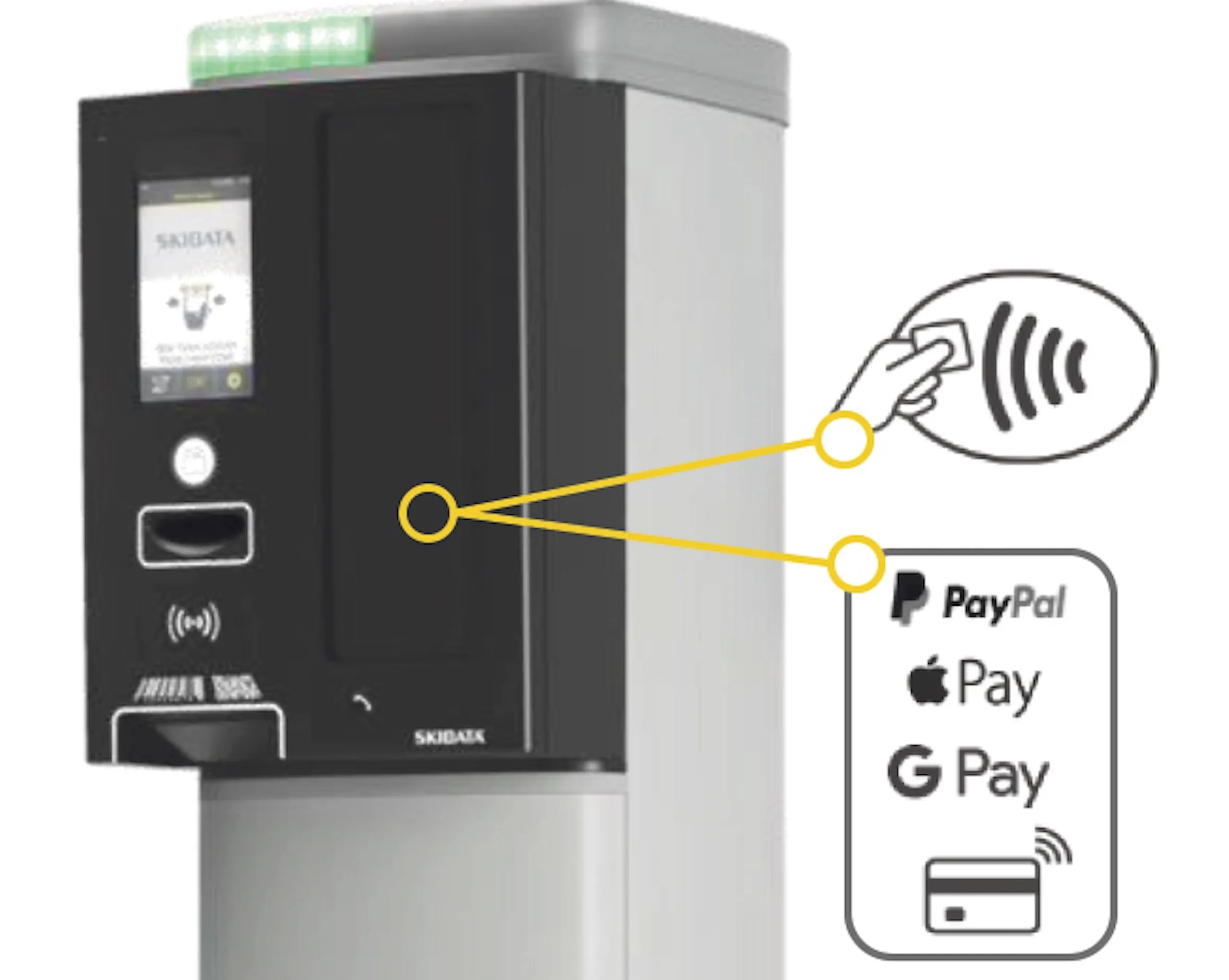
The use of biometric technology has spread rapidly in recent years, as it offers customers a simple and secure solution, whether they use it to identify themselves on smartphones, ATMs or bank branches.
At CARTES SECURE CONNEXIONS 2014, international experts will discuss the most promising and innovative initiatives in this field.
According to this year’s Industry Survey from the Biometrics Institute, mobility is regarded as the most significant development in the field in the next few years. The second most important factor is the adoption of its use in mobile payments and m-commerce.
“I personally think we are going to see biometrics evolve in many places where secure transactions are needed,” says Isabelle Moeller, the Biometrics Institute’s chief executive. “Biometric authentication has the potential to ease the burden of security, given its simplicity and usability.
“We have seen many successful implementations where biometrics have helped to transform identity management, privacy protection and identity security, like electronic passportsÖor large-scale identity management systems such as the Indian Unique Identity scheme, which facilitates the delivery of government’s services to the poor and marginalised.
“If we get the privacy and vulnerability issues addressed and create trust and control for the consumer, I think biometrics have a great future.”
The privacy issue will be the subject of a presentation on a live biometric trial in Norway, where Zwipe technology has been used as a payment card with real transactions.
The biometric payment card used in the trial contains the owner’s fingerprint. The fingerprint data is all stored and processed on the card. The user knows that their fingerprint is not stored on a database or server that may be compromised by a hacking attack.
‘Biometrics Applications’, 09:30 - 17:00 , Room 3
Contactless biometric payment – Experience from live trial’, Susanne Hannestad, executive board director, Zwipe,
10:10 -10:40 , Room 3.








